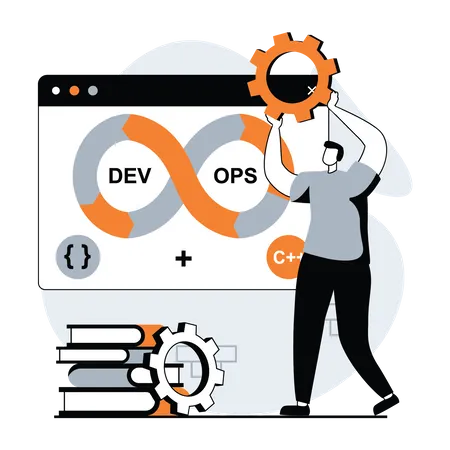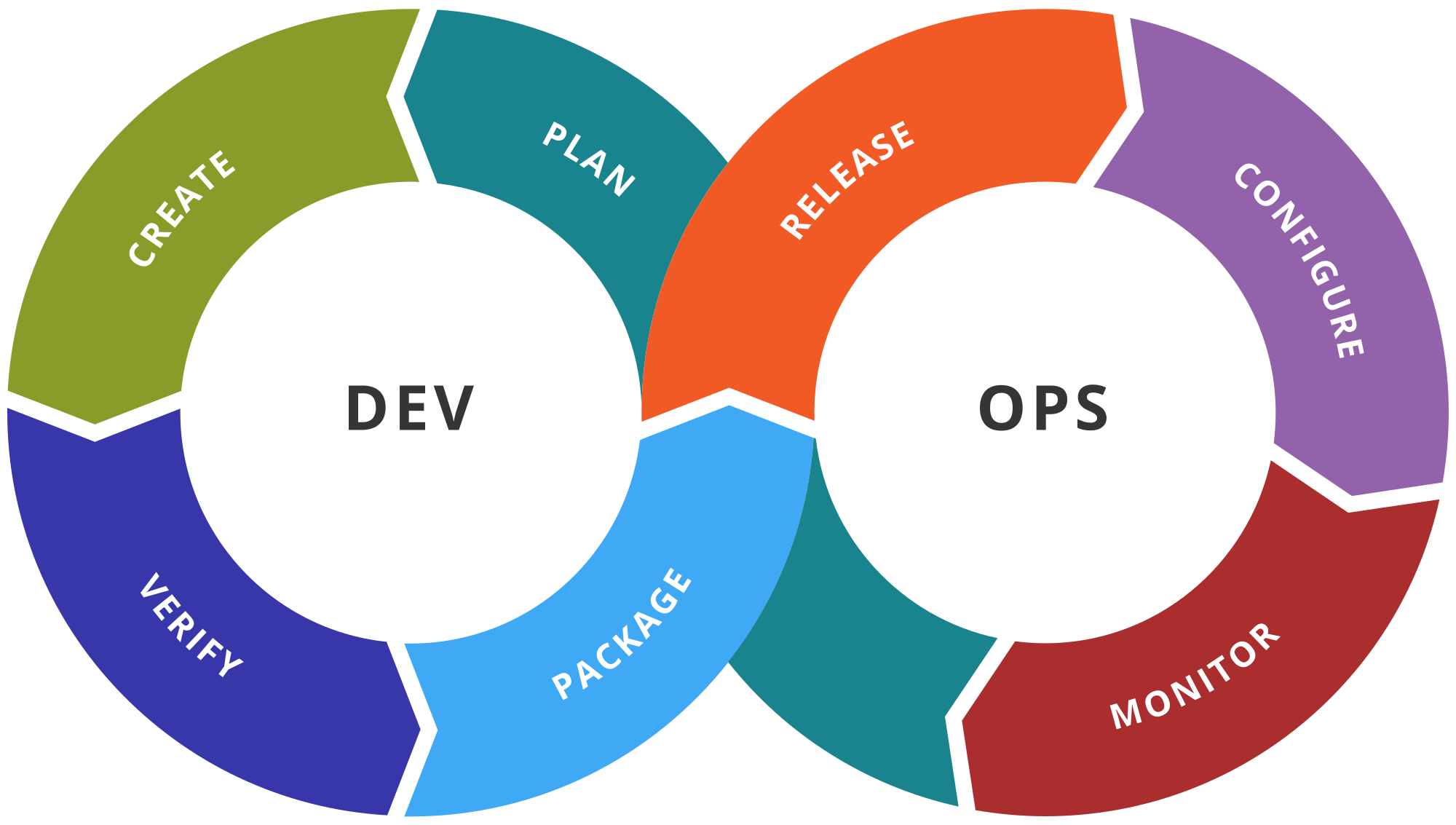

DevOps Services
Automate, Integrate, Elevate: Your DevOps Journey Starts Here.
Automation with DevOps Engineering
Automation is a fundamental aspect of DevOps engineering. DevOps, which combines development (Dev) and operations (Ops) practices, aims to streamline and automate the software development and delivery process.
DevOps engineering heavily relies on automation to achieve its goals of improving collaboration, accelerating development and deployment, and ensuring the reliability and security of software systems. Automation helps teams eliminate manual and error-prone tasks, enabling them to focus on higher-value activities and delivering better software faster.

What do we offer?
Techsearch offers a range of DevOps services and tools to support the DevOps practices and principles. These tools and services are designed to help organizations streamline their software development and delivery processes, improve collaboration between development and operations teams, and achieve continuous integration and continuous delivery (CI/CD).
Continuous Integration (CI)
Automation tools like Jenkins, Travis CI, and GitLab CI/CD are used to automatically build, test, and integrate code changes into a shared repository. This ensures that code changes are continuously integrated, preventing integration issues that can arise when changes are merged manually.
Continuous Deployment/Delivery (CD)
Automation extends to the deployment phase, where tools like Kubernetes, Docker, and Ansible are used to automate the provisioning and deployment of applications. This reduces the risk of human error and speeds up the delivery process.
Configuration Management
Tools like Puppet, Chef, and Ansible automate the configuration and management of servers and applications. This ensures that systems are consistent, and changes can be applied uniformly across different environments.
Monitoring and Alerting
Automation is crucial for monitoring the health and performance of applications and infrastructure. Tools like Prometheus and Grafana can be configured to automatically collect and visualize data, trigger alerts, and even take automated corrective actions based on predefined thresholds.

Best Practices for DevOps in Salesforce
Functional Testing
Implementing tools like selenium to automate testing processes.
Managing source code
Ensuring the management of source code and other components.
Tracking
Tracking parameters beyond performance and service availability.
